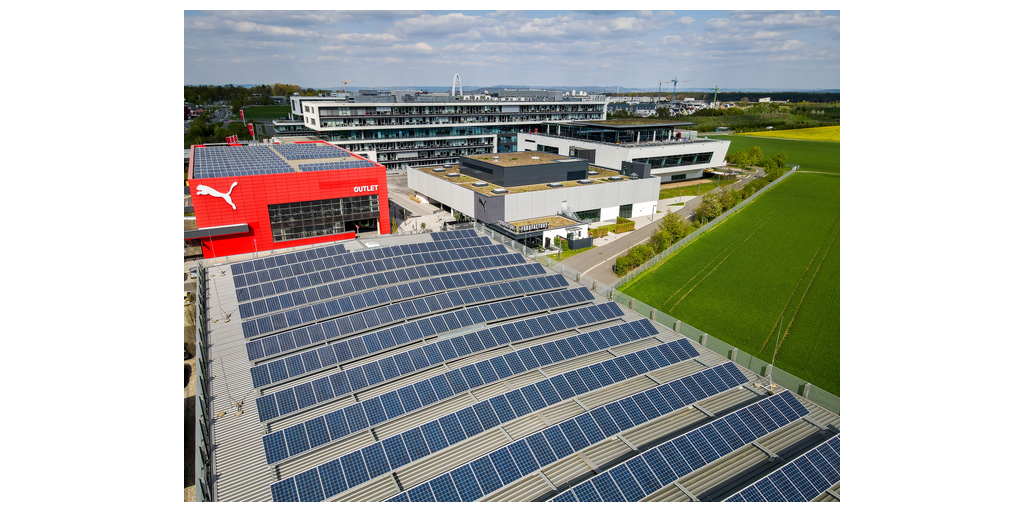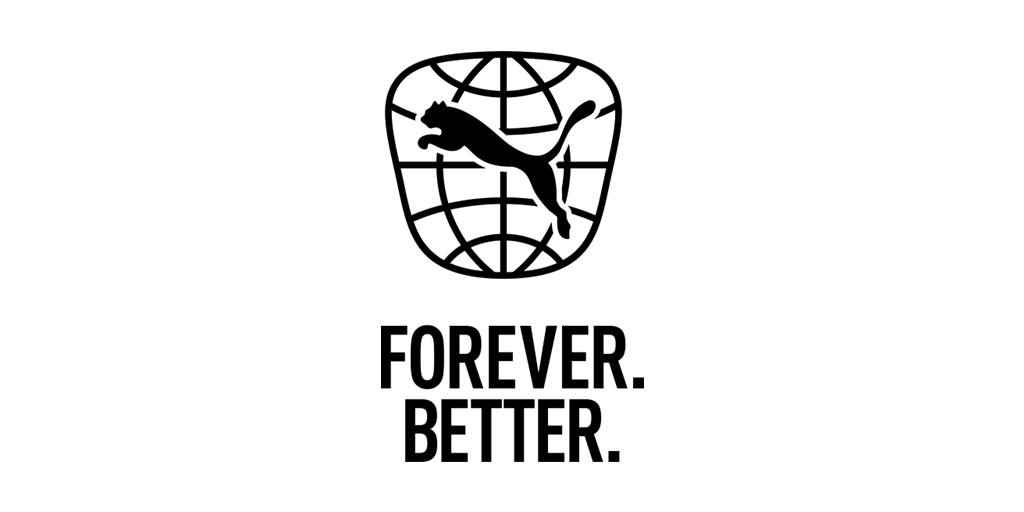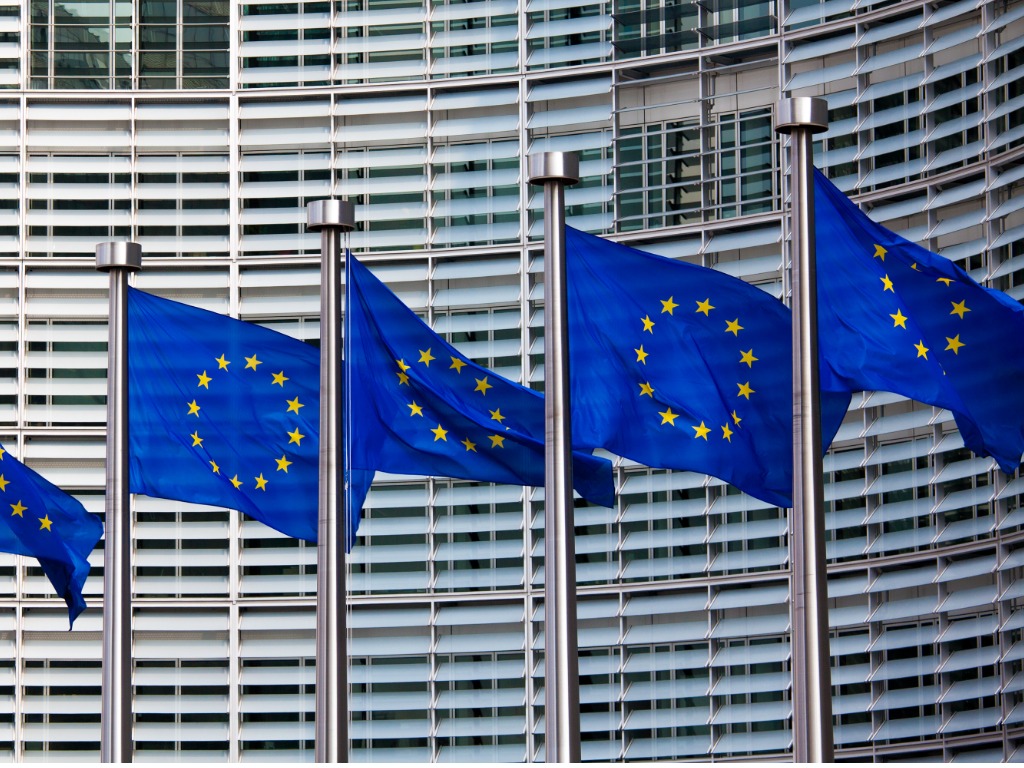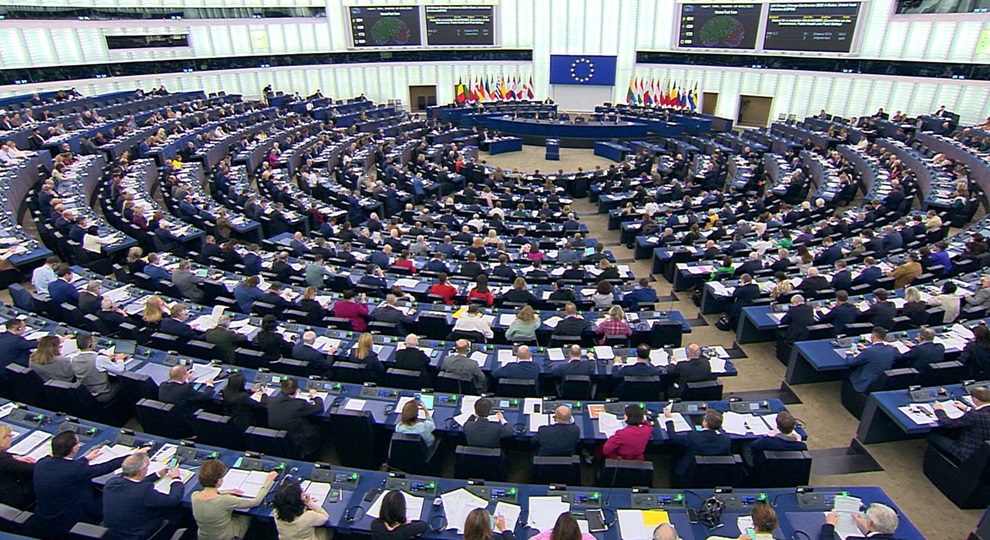HERZOGENAURACH, Germany–(BUSINESS WIRE)–PUMA has signed up for the Deforestation-Free Call to Action for Leather, launched by global non-profits Textile Exchange and Leather Working Group, which aims to create equitable, transparent, and deforestation-free leather supply chains. The cross-sector initiative is aimed at galvanizing action from brands to end the deforestation and conversion of natural ecosystems linked to leather sourcing. In doing so, it looks to protect wildlife habitat and biodiversity, preserve carbon stocks to mitigate climate change, and protect human rights.
Apparel supply chains are linked to soil degradation, conversion of natural ecosystems and waterway pollution. Most of the negative impact on biodiversity comes from three stages in the value chain – raw material production, material preparation and processing, and end of life.
“To mitigate the risk of biodiversity loss due to our production processes, PUMA addresses environmental pollution risk through our targets to increase the use of more sustainable materials and through our suppliers’ program on climate, chemicals, water, and air,” says Veronique Rochet, Senior Head of Sustainability at PUMA. “This deforestation-free commitment also directly supports one of PUMA’s 10FOR25 sustainability targets dedicated to reducing our impact on biodiversity. To help the protection of endangered forests and species, PUMA also commits to not using any wood or wood-derived fabrics made from ancient and endangered forests,” says Veronique.
100% of the leather that PUMA currently sources is from Leather Working Group certified tanneries. This means that the leather used in PUMA products comes from manufacturers who are working to implement industry good practice standards of environmental management and traceability. PUMA currently monitors its LWG (Leather Working Group) medal-rated tanneries’ upstream traceability performance.
However, half of the leather used at PUMA is Suede, a byproduct of the full grain leather business. The challenge faced currently by PUMA and others in the industry is that most suede tanneries work with agents and intermediaries besides direct tanneries to guarantee a stable supply which creates a challenge to have full traceability at cattle ranch level.
PUMA looks forward to collaborating with the industry, its leather supply chain, Textile Exchange, and the Leather Working Group to address the barriers and find solutions together.
PUMA
PUMA is one of the world’s leading sports brands, designing, developing, selling and marketing footwear, apparel and accessories. For 75 years, PUMA has relentlessly pushed sport and culture forward by creating fast products for the world’s fastest athletes. PUMA offers performance and sport-inspired lifestyle products in categories such as Football, Running and Training, Basketball, Golf, and Motorsports. It collaborates with renowned designers and brands to bring sport influences into street culture and fashion. The PUMA Group owns the brands PUMA, Cobra Golf and stichd. The company distributes its products in more than 120 countries, employs about 20,000 people worldwide, and is headquartered in Herzogenaurach/Germany.
Contacts
Samantha Du Plessis
Lead Sustainability Communication
Samantha.duplessis@puma.com















